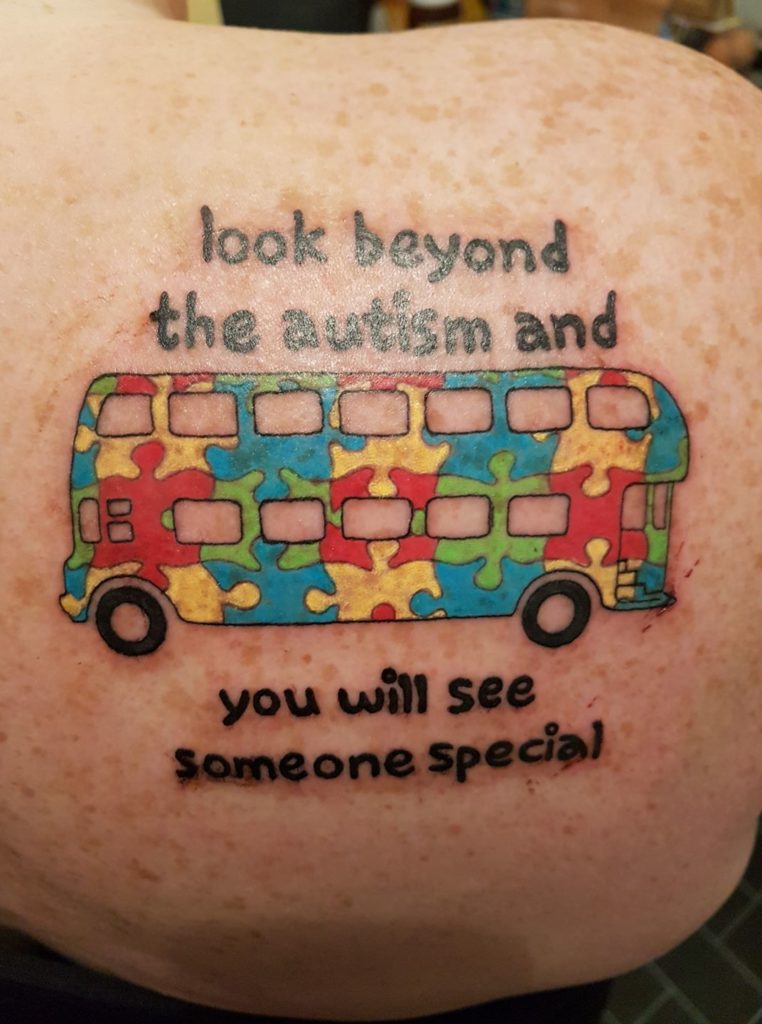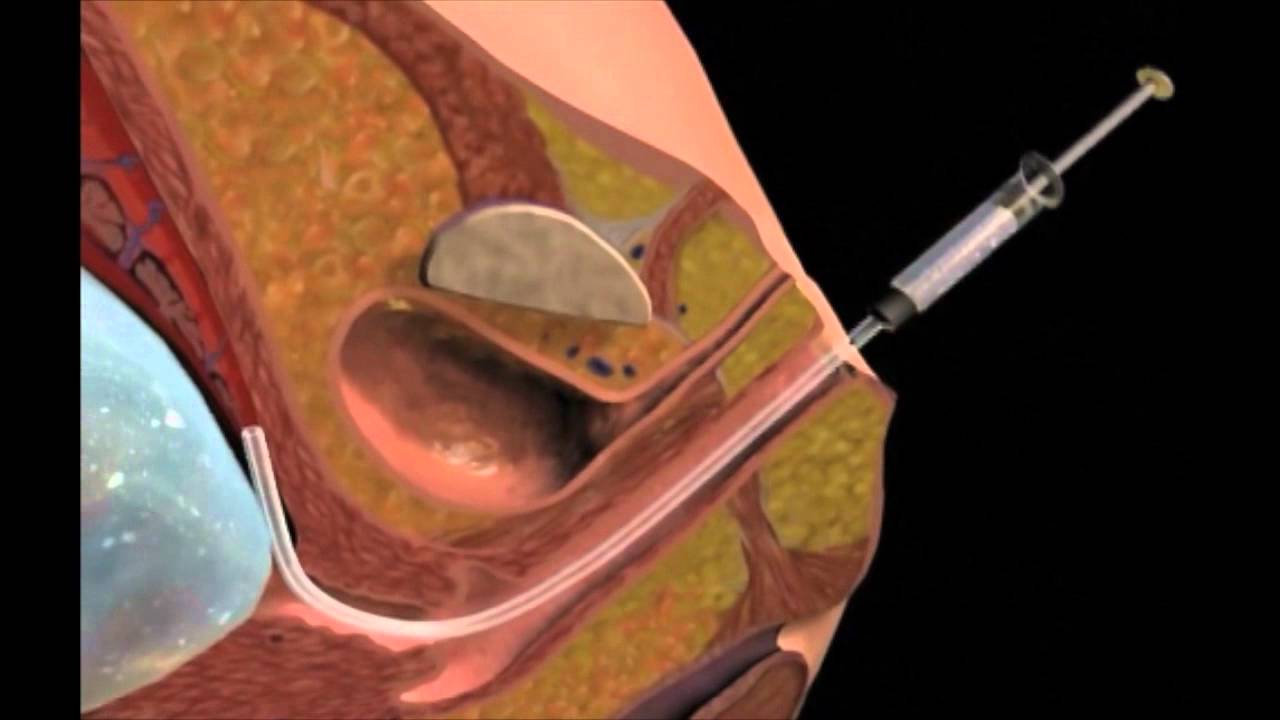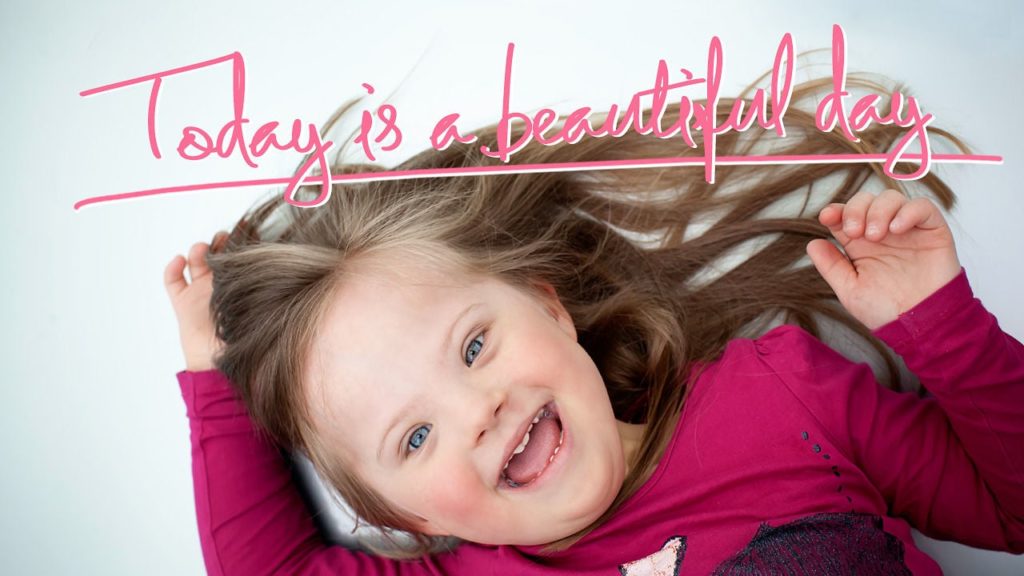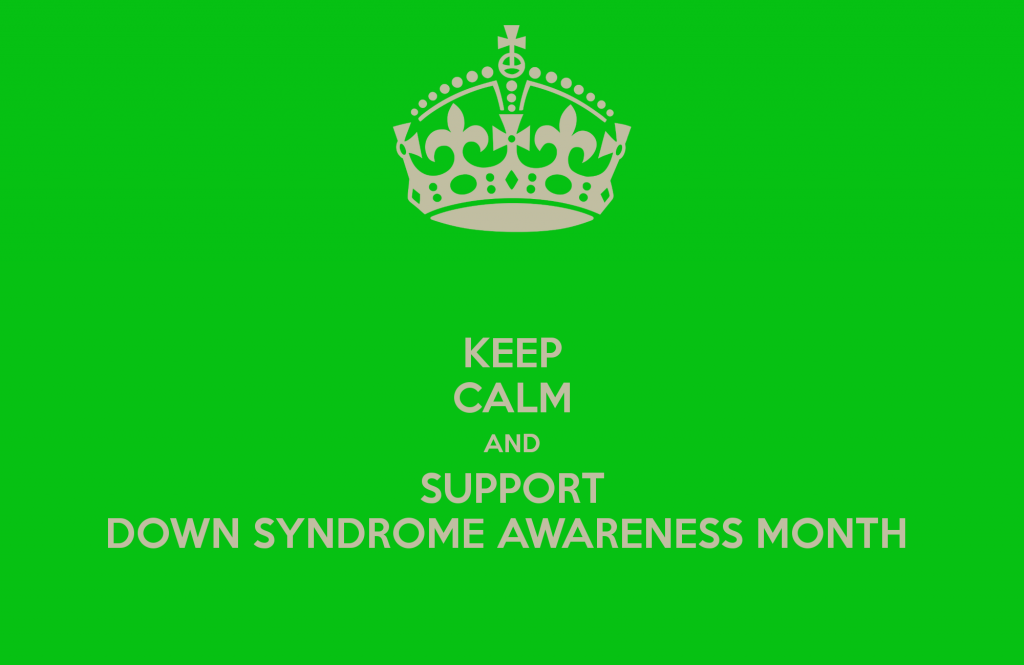Down’s syndrome, also known as Down syndrome or trisomy 21, is a genetic condition that typically causes some level of learning disability and certain physical characteristics.
Characteristics of Down’s syndrome
Most babies born with Down’s syndrome are diagnosed soon after birth and may have:
floppiness (hypotonia)
eyes that slant upwards and outwards
a small mouth with a tongue that may stick out
a flat back of the head
below-average weight and length at birth
their palm may have only one crease across it
Although children with Down’s syndrome share some common physical characteristics, they don’t all look the same. A child with Down’s will look more like their family members than other children who have the syndrome.
People with Down’s syndrome will also have different personalities and abilities. Everyone born with Down’s syndrome will have some degree of learning disability, but this will be different for each person.
Happy World Down Syndrome Day 2013! from Conny Wenk on Vimeo.
Read more about the characteristics of Down’s syndrome.
Screening for Down’s syndrome
Sometimes parents find out their baby has Down’s syndrome during pregnancy because of screening tests. All pregnant women are offered screening tests for Down’s syndrome.
Screening tests can’t tell you for certain if your baby has Down’s syndrome, but they can tell you how likely it is.
If screening tests show there’s a chance your baby has Down’s, more tests can be done during pregnancy to confirm it.
These include:
chorionic villus sampling (CVS) – a small sample of the placenta is tested, usually during weeks 11-14 of pregnancy
amniocentesis – a sample of amniotic fluid is tested, usually during weeks 15-20 of pregnancy
If these tests show that your baby has Down’s syndrome, you and your baby’s other parent will be offered counselling so you can talk about the impact of the diagnosis.
You may also be offered an appointment to meet a doctor or other health professional who works with children with Down’s syndrome. They can tell you more about the condition and answer any questions you have.
See more about screening for Down’s syndrome
Causes of Down’s syndrome
Down’s syndrome is usually caused by an extra chromosome in a baby’s cells. In most cases, this isn’t inherited – it’s simply the result of a one-off genetic change in the sperm or egg.
There’s a small chance of having a child with Down’s syndrome with any pregnancy, but the likelihood increases with the age of the mother.
For example, a woman who is 20 has about a 1 in 1,500 chance of having a baby with Down’s, while a woman who is 40 has a 1 in 100 chance.
There’s no evidence that anything done before or during pregnancy increases or decreases the chance of having a child with Down’s syndrome.
Read more about the causes of Down’s syndrome.
Living with Down’s syndrome
Although there’s no “cure” for Down’s syndrome, there’s support available to help children with the condition lead healthy, fulfilling lives.
This includes:
access to good healthcare – including a range of different specialists
support for your child’s development – this may include speech and language therapy, physiotherapy, and home teaching
support groups – such as the Down’s Syndrome Association, who can put you in touch with other families who have a child with Down’s syndrome
Lots of people with Down’s syndrome are able to leave home, have relationships, work, and lead largely independent lives.
Read more about living with Down’s syndrome.
Health problems linked to Down’s syndrome
People with Down’s syndrome are more likely to have certain health problems, including:
heart disorders, such as congenital heart disease
hearing and vision problems
thyroid problems, such as an underactive thyroid gland (hypothyroidism)
recurrent infections, such as pneumonia
Your child may be checked by a paediatrician more often than other children to pick up problems as early as possible.
If you have any concerns about your child’s health, talk to your GP, health visitor or paediatrician.
Read more about the complications of Down’s syndrome.



 Ignite 2016 -Rett's Syndrome, Down's Syndrome and Autism Conference
Ignite 2016 -Rett's Syndrome, Down's Syndrome and Autism Conference